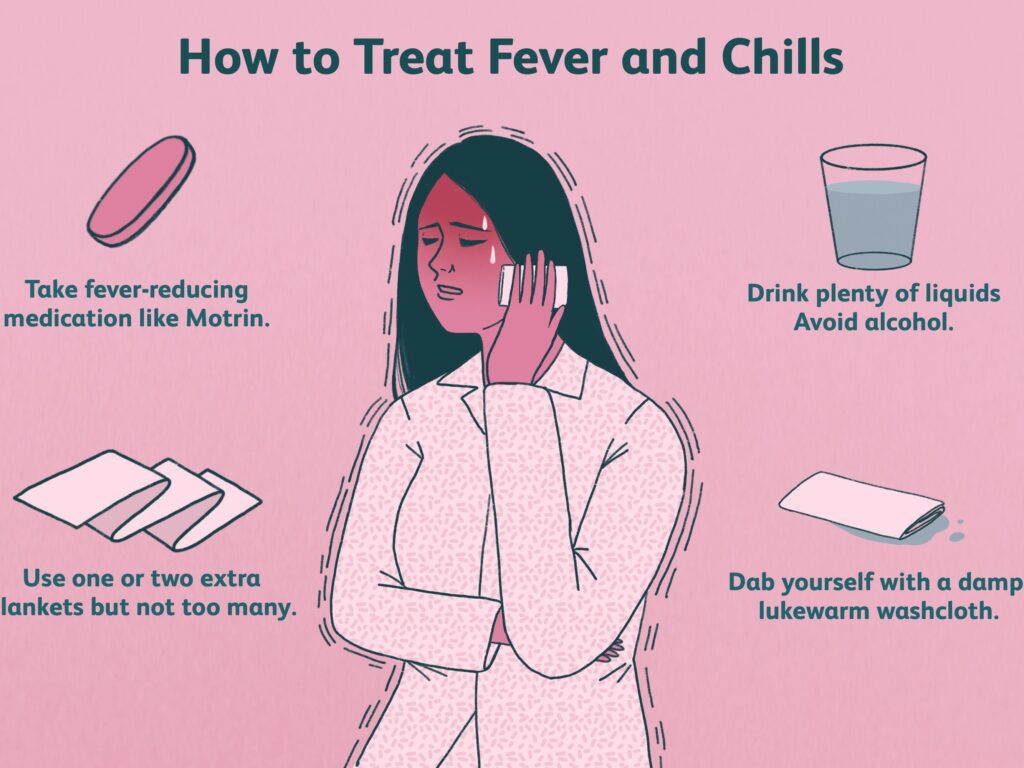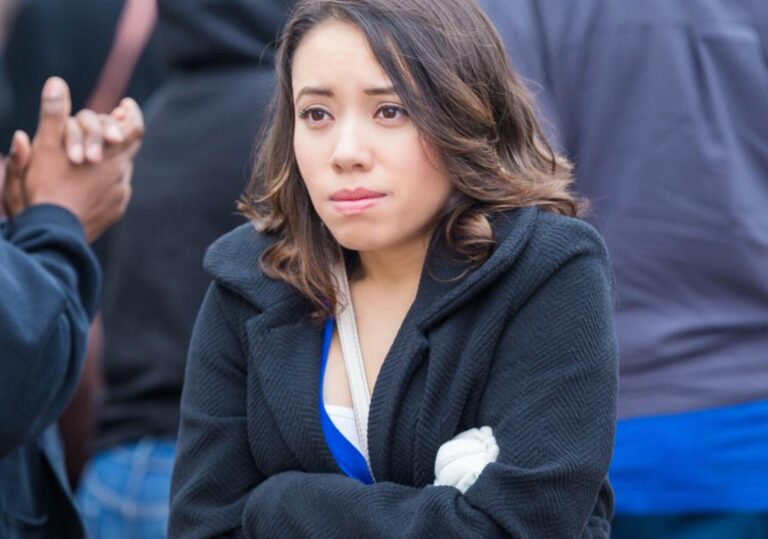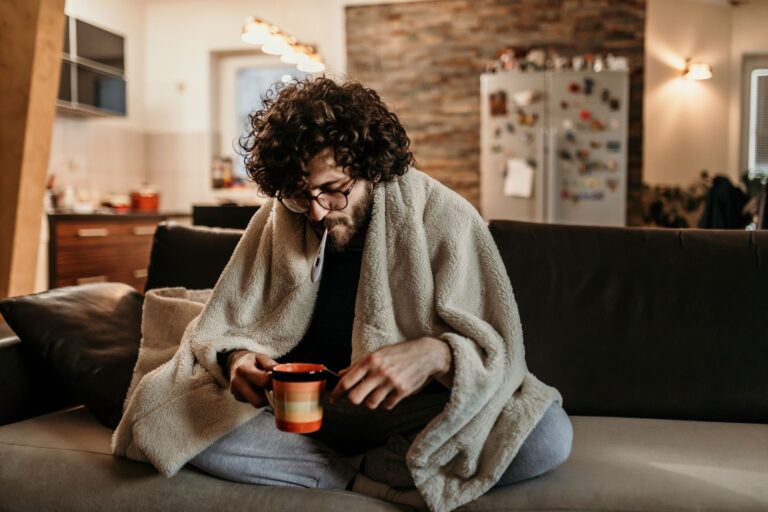WHAT ARE THE CHILLS?
The term “chills” refers to a sensation of being cold without an apparent cause. You get this sensation when your muscles repeatedly expand and contract and the vessels in your skin constrict. Chills could occur with a fever and cause shivering or shaking.
Your body chills could be constant. Each episode could last for as long as an hour. Your chills could also occur periodically and last for several minutes.
CAUSES OF CHILLS
Some chills happen after exposure to a cold environment. They could also occur as a response to a bacterial or viral infection that causes a fever. Chills are commonly related to the following conditions:
- Bacterial or viral gastroenteritis
- Flu
- Meningitis
- Sinusitis
- Pneumonia
- Strep throat
- Urinary tract infections (UTIs)
- Malaria
TREATING CHILLS AT HOME
If you or your child has a fever with chills, there are some things you could do at home for comfort and relief. Continue reading to learn how to treat a fever with chills and when you should call a doctor.
Home care for adults
Treatment is generally based on whether your chills are accompanied by a fever and the severity of the fever. If your fever is mild and you have no other severe symptoms, you do not have to see a doctor. Take plenty of rest and drink plenty of liquids. A mild fever is 101.4°F (38.6°C) or lower.
Cover yourself with a light sheet and avoid heavy blankets or clothing, which could raise your body temperature. Sponging your body with lukewarm water or taking a cool shower might help reduce a fever. Cold water, however, might trigger an episode of chills.
Over-the-counter (OTC) medications could lower fever and fight chills, such as:
- Aspirin (Bayer)
- Acetaminophen (Tylenol)
- Ibuprofen (Advil)
As with any medication, carefully follow the instructions and take them as instructed. Aspirin and ibuprofen will lower your fever and decrease inflammation. Acetaminophen will bring down a fever, but it will not reduce inflammation. Acetaminophen could be toxic to your liver if it is not taken as directed and long-term use of ibuprofen could cause kidney and stomach damage.
Home Care for Children
Treating a child with chills and fever depends on the child’s age, temperature, and any associated symptoms. In general, if your child’s fever is between 100ºF (37.8°C) and 102ºF (38.9°C) and they are uncomfortable, you could give them acetaminophen in tablet or liquid form. It is crucial to follow the dosing instructions on the package.
Never bundle feverish children into heavy blankets or layers of clothing. Dress them in lightweight clothing and give them water or other fluids to keep them hydrated.
Never give aspirin to children under the age of eighteen because of the risk of Reye’s syndrome. Reye’s syndrome is a rare but severe disorder that could develop in children who are given aspirin while fighting a viral infection.
WHEN TO CALL YOUR DOCTOR?
Contact your doctor if your fever and chills do not improve after 48 hours of home care or if you have any of the following symptoms:
- Stiff neck
- Wheezing
- Severe coughing
- Shortness of breath
- Confusion
- Sluggishness
- Irritability
- Abdominal pain
- Painful urination
- Frequent urination or lack of urination
- Forceful vomiting
- Unusual sensitivity to bright light
You should contact your child’s doctor in the case of any of the following:
- A fever in a child less than three months of age
- A fever in a child age three to six months, and the child is lethargic or irritable
- A fever in a child age six to 24 months that lasts longer than one day
- A fever in a child age 24 months to 17 years that lasts longer than three days and does not respond to treatment
DIAGNOSING THE CAUSE OF CHILLS:-
Your doctor will ask you questions about your chills and fever, including:
- Do the chills cause you to tremble, or are you just cold?
- What was your highest body temperature that was followed by chills?
- Have you had chills only once or have you had recurring episodes of chills?
- How long did each episode of chills last?
- Did the chills start after exposure to an allergen, or did they start suddenly?
- Do you have any other symptoms?
Your doctor will perform a physical exam and possibly run diagnostic tests to see if a bacterial or viral infection is causing your fever. Diagnostic tests might include a:
- Blood test, including a blood culture to discover bacteria or fungi in the blood
- Sputum culture of secretions of the lungs and bronchi
- Urinalysis
- Chest X-ray to discover pneumonia, tuberculosis, or other infections
Your doctor might prescribe an antibiotic if you are diagnosed with a bacterial infection, such as strep throat or pneumonia.
WHAT’S THE OUTLOOK FOR CHILLS?
Chills and fever are signs that something is not right. If chills and fever continue after treatment, see your doctor determine the underlying cause.
If a fever goes untreated, you might experience severe dehydration and hallucinations. Children ages six months to five years may also have fever-induced seizures, which are known as febrile seizures. These seizures do not typically cause long-term health problems.
If you or anyone you know is suffering from chills, our expert providers at Specialty Care Clinics will take care of your health and help you recover.
Call 469-545-9983 to book a telehealth appointment for an at-home check-up.




